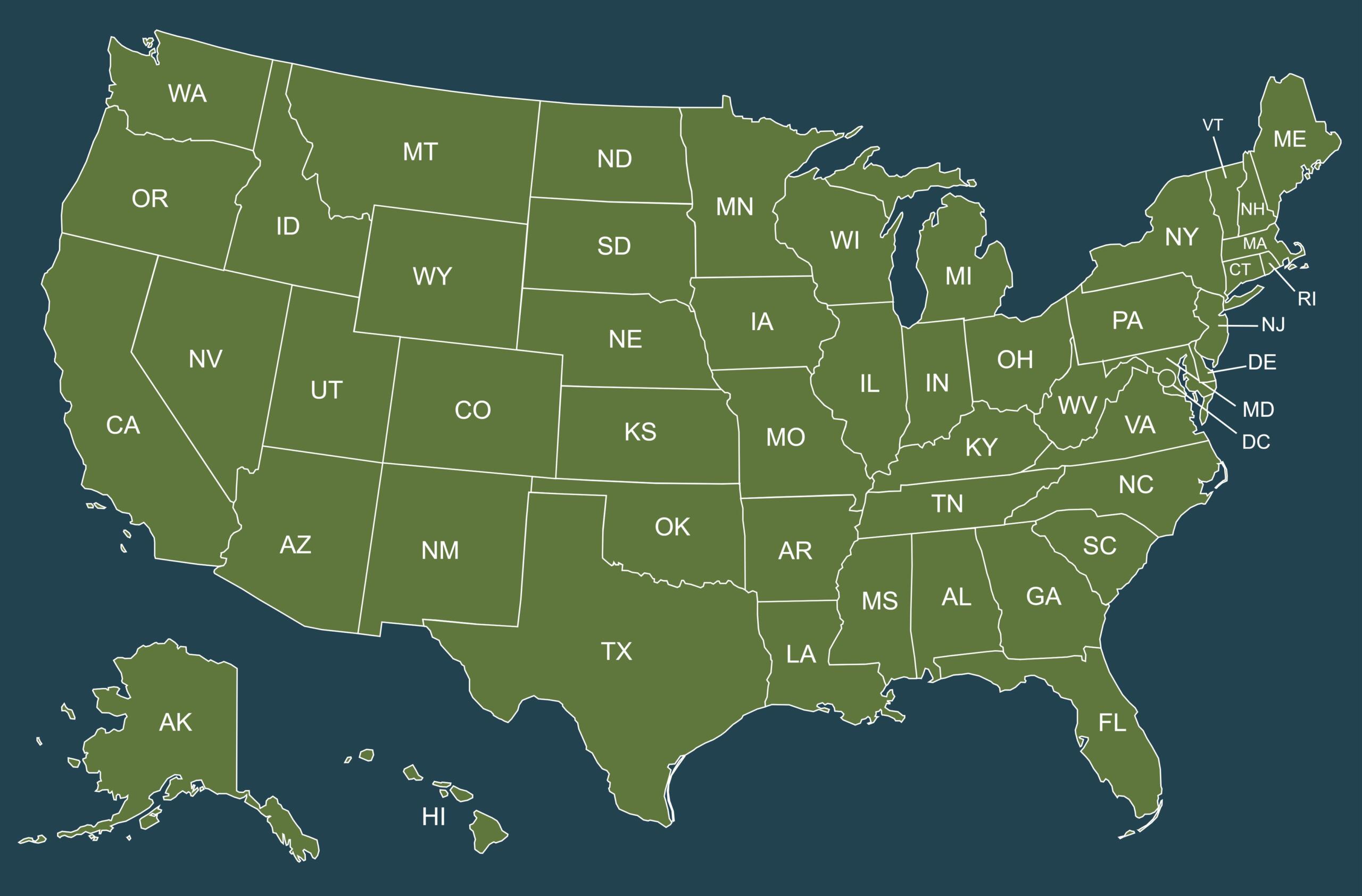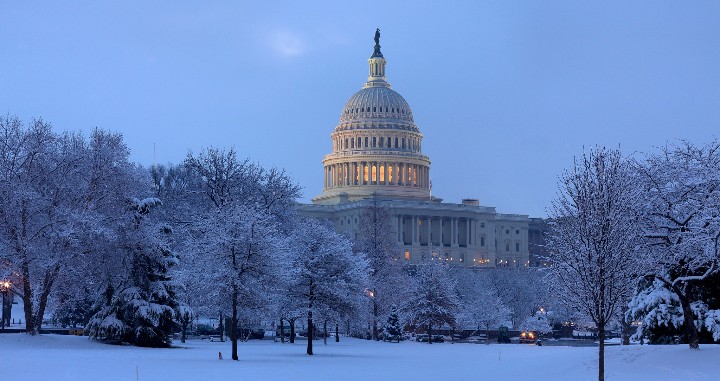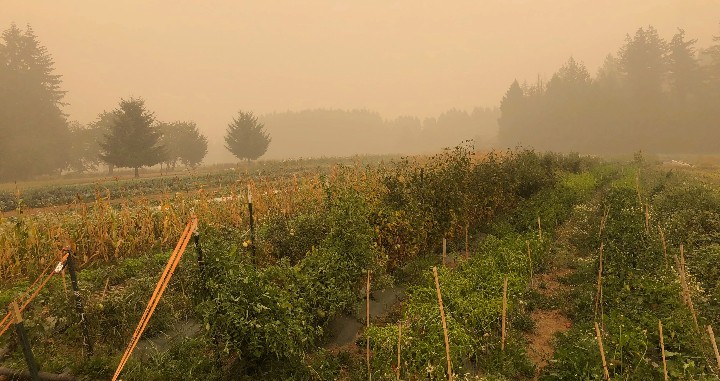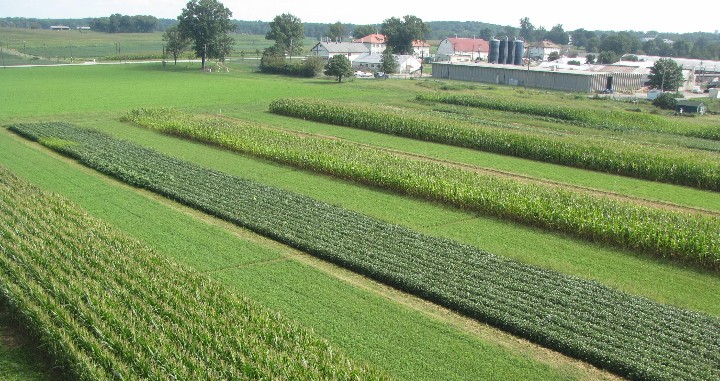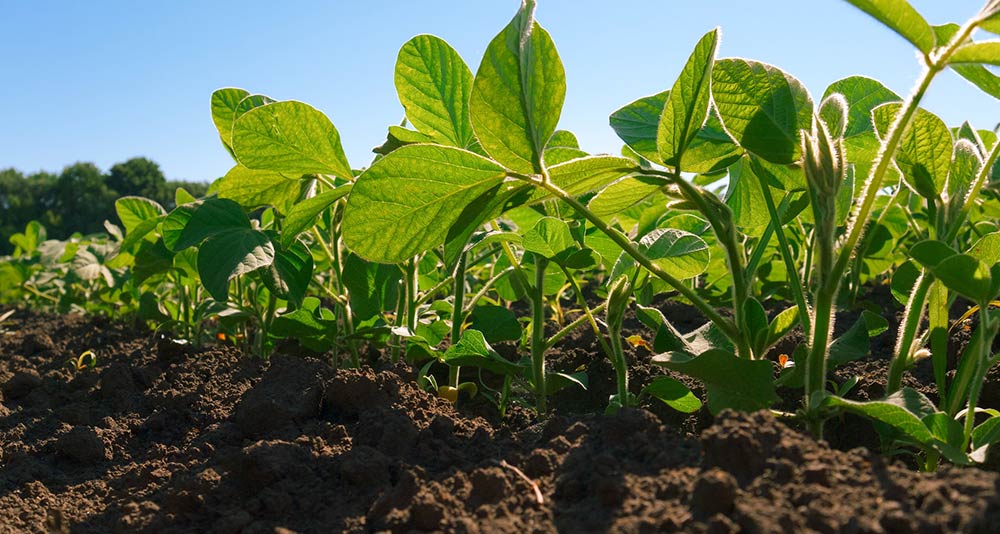ADVOCACY
Policy Priorities
OFRF recognizes the organic method as the leading form of agriculture and a vital solution to many challenges facing U.S. agriculture. However, USDA support has not kept pace with the sector’s rapid growth and increasing importance. We have developed a new set of Policy Priorities designed to align research investments with market opportunities, enhance technical and financial assistance for organic farmers and farmworkers, and strengthen the incentive structures that reward sustainable stewardship of our natural, social, and economic resources.
Our three priority areas are:
- Investing in Organic Research: USDA research investments into organic agriculture topics proportionally reflect the industry’s growing market share.
- Amplifying Economic Benefit of Organic: Rural communities and economies benefit from the organic economic engine.
- Increasing Technical Support: USDA and State Technical and Financial Support Agencies continue to work to increase Organic Producers’ utilization of their resources.
Investing in Organic Research
Amplifying Economic Benefit of Organic
Increasing Technical Support
Organic Research State-by-State
OFRF has developed state-by-state “leave behinds” that are meant to communicate the size of the organic market, the importance of organic research investments, and regional research priorities.
Explore the map by hovering over states names to discover some high-level facts about organic agriculture research in those regions. To learn more, click the state name to access a PDF with more details. Download, save, print, and share these!
These state-by-state resources were created using data from various sources, including the USDA’s National Agricultural Statistics Service’s latest organic survey from 2021, the Agricultural Marketing Service’s Organic Integrity Database, and the Organic Trade Association’s Organic Industry Surveys. If you have a question about data in your state or region, contact OFRF’s Senior Policy & Programs Manager Gordon Merrick: gordon@ofrf.org
#GetActive – A Step-by-Step Guide to Engaging in Advocacy
Our goal is to provide you with the best information to sustain powerful organic advocacy in your community.
This Step-by-Step Guide will walk you through how to familiarize yourself with who your legislators are, where they stand on critical ag policy issues, and how to reach out to them to share your story. Grab a notebook, click through the buttons below, and get ready to #GetActive. You can always contact us if you need additional support, we’ll do our best to assist you in raising the voice of organic farmers and researchers.
Ready to do more?
Use the links below to share your story with us, or watch the short video about Communicating with Legislators to learn how to share your story directly with decision-makers in your area.
SHARE YOUR STORY
We Want You to Hear From YOU
Farmers and Researchers, we need your help to deepen the impact of our advocacy work! Facts, figures, and statistical breakdowns of the effects of increased public investment in agricultural research are important, but the lived experiences and stories of researchers and farmers communicate more than a report ever can. This is why we are beginning to implement a new strategy in our policy advocacy: story banking. This means collecting and amplifying stories of researchers and farmers around the U.S. who have effectively shared their work with decision-makers.
SPEAK UP FOR ORGANIC
Communicating with Legislators Email Course
Looking for a simple way to speak up for organic? Our Communicating with Legislators email course gives farmers, researchers, and advocates the tools to share their stories confidently.
Delivered by email, this free, self-paced course includes short videos from OFRF’s Senior Policy & Programs Manager, Gordon Merrick, plus easy action steps and support from our team. You’ll learn how Congress works, why your voice matters, and how to make it heard—no policy degree required.
OFRF’S STATEMENTS
As an organization committed to the improvement and widespread adoption of organic farming systems, OFRF is deeply involved in both the farm bill and the appropriations processes. We are working hard to advocate for organics at every turn.
OFRF is an active participant in both the legislative and regulatory systems. Below are the actions we have taken in those processes: Organizational Sign-On Letters we have both sponsored and endorsed, Congressional Testimony on Farm Bill and Appropriations priorities, and comments we have submitted to USDA and other regulatory agencies.

- Organic Science and Research Investment (OSRI) Act Sign-On Letter (April 2025, OFRF led)
- FY26 Agricultural Research Service (ARS) Community Support (March 2025, OFRF endorsed)
- Packard and Stockyards Act, Contract Grower Rule (February 2025, OFRF endorsed)
- Organic Research in the Next Farm Bill Sign-on Letter (June 2024)
- Safeguarding Agricultural Research Funding Sign-on Letter (July 2023)
- Organic Science and Research Investment Act (OSRI Act) Sign-on Letter (July 2023)
- Strengthening Organic Agriculture Research (SOAR) Act Sign-on Letter (May 2023)
- Building Resilience Through Agricultural Research in the Upcoming Farm Bill (November 2022)
- Group Support of Climate Solutions in the Inflation Reduction Act of 2022 (August 2022)

- Written Comments for NOSB Spring Meeting (April 2025)
- OFRF Comments on AMS’s Specialty Crop Competitiveness Initiative (SCCI) (March 2024)
- OFRF Comments on NRCS Conservation Practice Standards (CPS) (March 2024)
- Written Comments for NOSB Meetings (April 2022)
- Letter to USDA National Organic Program to Protect Native Ecosystems (March 2022)

- Testimony Submitted by Gordon N. Merrick, FY 2025 Appropriations for United States Department of Agriculture (May 2024)
- Testimony Submitted by Gordon N. Merrick, FY 2025 Appropriations for United States Department of Agriculture (April 2024)
- Testimony Submitted by Gordon N. Merrick, FY 2024 Appropriations for United States Department of Agriculture (April 2023)
- Testimony Submitted by Gordon N. Merrick, FY 2024 Appropriations for United States Department of Agriculture (March 2023)
- Submitted Statement of Thelma Velez to the House Committee on Agriculture in Climate Research Hearing (June 2022)
GORDON’S POLICY CORNER
Meet Gordon
OFRF’s Senior Policy & Programs Manager
Gordon comes to policy work as a community organizer, originally working on climate justice related issues. He brings together experience working on organic farms, in food distribution, and in the food service industry, to the work of advocating for sound agricultural policy and a healthy food future for all. He shares the latest policy updates and action alerts each month in Gordon’s Policy Corner. Sign up for OFRF’s newsletter to make sure you never miss one, and feel free to reach out to Gordon with any policy or advocacy questions: gordon@ofrf.org
Organic Agriculture Shines in the Face of 2023’s Challenges
2023 has been a year marked by environmental distress and political upheaval, but the organic sector emerged as a stronghold of resilience and progress. Amidst the disquieting headlines of the hottest recorded summer and unprecedented political twists, there are several organic milestones worth celebrating. This blog post focuses on those moments of light amid the darkness.
From Farm to Policy: Organic Agriculture and Public Health
This month’s policy corner is written by Annika La Fave, our 2023 Fall Policy & Communications Intern. It dives into the challenges faced by farmers at the intersections of policy, research, and public health within the organic farming landscape.
The Role of Long-Term Research in Sustainable Agriculture
Climate change has a significant impact on agriculture, particularly organic farming which is more dependent on natural systems. Long-term agroecological research is critical in understanding how different farming practices can build resilience against climate change.
Unpredictable Times in Agriculture and Policy
This month, Gordon’s Policy Corner looks at the parallels between the worlds of politics and agriculture, and their shared need for predictability and adherence to deadlines: Climate change disrupts farming with unpredictable weather patterns, and political unpredictability in Washington, D.C. affects legislative actions. The dynamics of climate instability and political gridlock are deeply interconnected.






